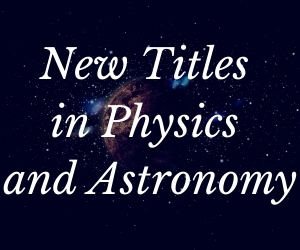System Upgrade on Tue, May 28th, 2024 at 2am (EDT)
Existing users will be able to log into the site and access content. However, E-commerce and registration of new users may not be available for up to 12 hours.For online purchase, please visit us again. Contact us at customercare@wspc.com for any enquiries.
Gravitational waves were predicted by Einstein over 75 years ago, but have not yet been seen. This book is about the technology of the new generation of interferometric gravitational wave detectors now being built, such as the LIGO (Laser Interferometric Gravitational-Wave Observatory) project in the US. The book aims to make plain how these detectors function, and why it is reasonable to think that gravitational waves may be successfully detected in the next decade.
After an introduction to the physical and astronomical aspects of gravitational waves, the book concentrates on explaining the basic principles behind the detectors and discusses the strategies for utilising them. All the required background in astronomy, optics and experimental physics techniques is developed within the text, and anyone with an undergraduate knowledge of physics will be able to follow the arguments presented. The book will be of use not just to physicists and astronomers who wish to acquaint themselves with the subject, but will also prove useful for courses in experimental physics at the advanced undergraduate and graduate levels.
Contents:
- The Search for Gravitational Waves
- The Nature of Gravitational Waves
- Sources of Gravitational Waves
- Linear Systems, Signals and Noise
- Optical Readout Noise
- Folded Interferometer Arms
- Thermal Noise
- Seismic Noise and Vibration Isolation
- Design Features of Large Interferometers
- Null Instruments
- Feedback Control Systems
- An Interferometer as an Active Null Instrument
- Resonant Mass Gravitational Wave Detectors
- Detecting Gravitational Wave Signals
- Gravitational Wave Astronomy
- Prospects
- References
- Indexes
Readership: Physicists and astronomers.























